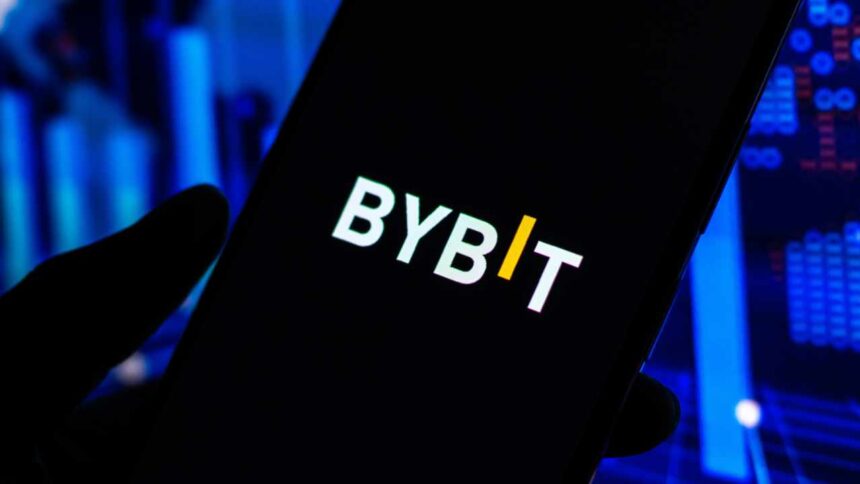
- Tim Beiko confirms Ethereum cannot rollback Bybit hack transactions due to network complexity and potential widespread disruptions.
- The Bybit hack exploited a compromised interface, not Ethereum’s protocol, making a rollback infeasible and risking unintended ripple effects.
The Ethereum community is embroiled in a heated debate over the Bybit hack, which resulted in a loss of approximately $1.5 billion. Some have suggested an extreme solution: a rollback of the Ethereum network meant to reverse the hack-related transactions.
However, Tim Beiko, one of Ethereum’s core developers, has stressed that this is not only technically difficult but could also have far more serious and dangerous consequences.
ELI5 why we cannot "rollback" Ethereum?
After yesterday's Bybit hack, crypto commentators are again asking why Ethereum cannot "rollback" the chain to reverse the hack.
While experienced ecosystem actors near-unanimously agree that this is infeasible, it's worth breaking down…
— timbeiko.eth (@TimBeiko) February 22, 2025
How a Flawed Interface Led to the Bybit Hack
A flaw in Bybit’s multi-sig interface led to the hack. Not due to a flaw in the Ethereum protocol itself, but rather because the hacked interface showed transactions that seemed reasonable but in fact were not. Consequently, unable to halt them, the system signed transactions that finally sent money to the hackers.
Comparatively, in the case of TheDAO in 2016, the Ethereum community had practically one month to act. In the instance of Bybit, on the other hand, the hacked money was taken right away and recovery by means of rollbacks very impossible.
Why Rollbacks Are No Longer Feasible on Ethereum
Some may wonder, “Didn’t Bitcoin rollback in the early years?” Indeed, the response is yes, but Ethereum is in a totally different situation than it was in years past.
Ethereum today serves purposes beyond only a payment system. Its fast-expanding ecosystem now includes cross-chain bridges and a range of DeFi apps. This implies that any odd variation in transaction history could have unanticipated, significant effects.
For instance, stolen funds could be bridged to another blockchain, used as collateral for loans, or swiftly traded through DeFi systems. Any rollback would thus not only nullify the hacker’s activities but also affect other authorized transactions completed by many users.
Furthermore, having consequences outside of the Ethereum network, a rollback would invalidate already documented transactions. This covers transactions on cryptocurrency exchanges, real-world asset (RWA) redemptions, and already executed smart contracts. A rollback would only lead to more anarchy since off-chain events cannot be undone.
Legal and Technical Measures Against Crypto Hacks
Legal and technical actions to restrict the effects of a hack are the best line of action without a rollback available. According to CNF, Tether CEO Paolo Ardoino has confirmed the freeze of 181,000 USDT connected to the Bybit breach so far. This is one approach to complicate the process by which hackers cash out stolen assets.
Besides that, blockchain analysis and legal authorities’ collaboration could be other approaches to monitor and retrieve fund. The Ethereum community might potentially enhance security criteria for sites using multi-sig infrastructure in order to stop such events once more in the future.






